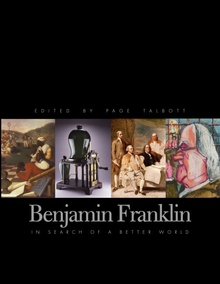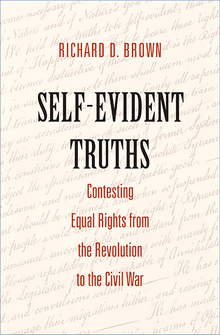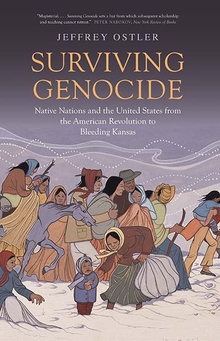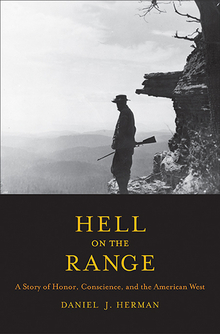The Devil in the New World
WARNING
You are viewing an older version of the Yalebooks website. Please visit out new website with more updated information and a better user experience: https://www.yalebooks.com
The Impact of Diabolism in New Spain
Fernando Cervantes
Out of Print
In this elegant and sensitive analysis, Fernando Cervantes gives the Devil his due, illuminating a neglected aspect of the European encounter with America and setting the full history of the "spiritual conquest" in a rich and original context. He reveals how Native Americans reinterpreted the view of Christianity presented to them, how they refused to see the world as the missionaries saw it. Drawing on archival sources, he brings into clear focus the complex, often bewildering, and sometimes tragic clash between a theology that posited the existence of competing forces and one that insisted that all deities were multiform beings within which good and evil coexisted. He deals in compelling and persuasive detail with the social history of the interaction between the two cultures, explaining not only the impact of European ideas upon the New World but the influence of diabolism on the ideology of the Old. And he provides a subtle account of the role of diabolism in the emerging baroque culture of the seventeenth and eighteenth centuries that strikingly challenges conventional explanations of the growth of skepticism in the period.
"A fascinating and assured book, one that powerfully reconstructs a crucial moment in the history of European cosmological beliefs, which was to have a devastating effect upon half the world."—Anthony Pagden, Cambridge University
"Cervantes has captured this story with profound scholarship on the one hand, and within the context of a colorful narrative on the other."—James Olsen, Atenciòn San Miguel
"In this work] there is...plenty of scope for the dedicated general reader to acquire a good deal of interesting information."—British Bulletin of Publications on Latin America, the Caribbean, Portugal and Spain
"For specialists with an interest in this subject, The Devil in the New World is not only important but essential scholarship."—Gilbert R. Cruz, Church History
"This learned and supremely intelligent book assesses the impact of European beliefs in the devil in New Spain from 1519, when the Spanish arrived, to the mid-eighteenth century. . . . Cervantes has made a significant addition to an increasingly sophisticated literature regarding the diverse levels of communication between Indians and missionaries and the religious practices that resulted from it. . . . The author studies the crucial, albeit often tenuous link between the New World and the Old, the Old and the New, displaying all the way a deeply humane capacity for listening to voices that spoke in each of these worlds."—Sabine McCormack, Colonial Latin American Historical Review
"Fascinating and insightful."—Carl L. Bankston, III, Commonweal
"An excellent book that should be of great interest not only to Latin Americanists but also to any student of the historical development of Christian thought in the early modern period."—Brian Wilson, Journal of Hispanic/Latino Theology
"A valuable contribution to our understanding of early modern history."—Edward T. Brett, New Mexico Historical Review
"Intriguing. . . . A fascinating probe into a neglected corner of the conflict between Europe and America and the corresponding conflict between theological dogma and ethnographic inquiry."—Ronald Wright, Times Literary Supplement
Publication Date: July 27, 1994
62 b/w illus.








